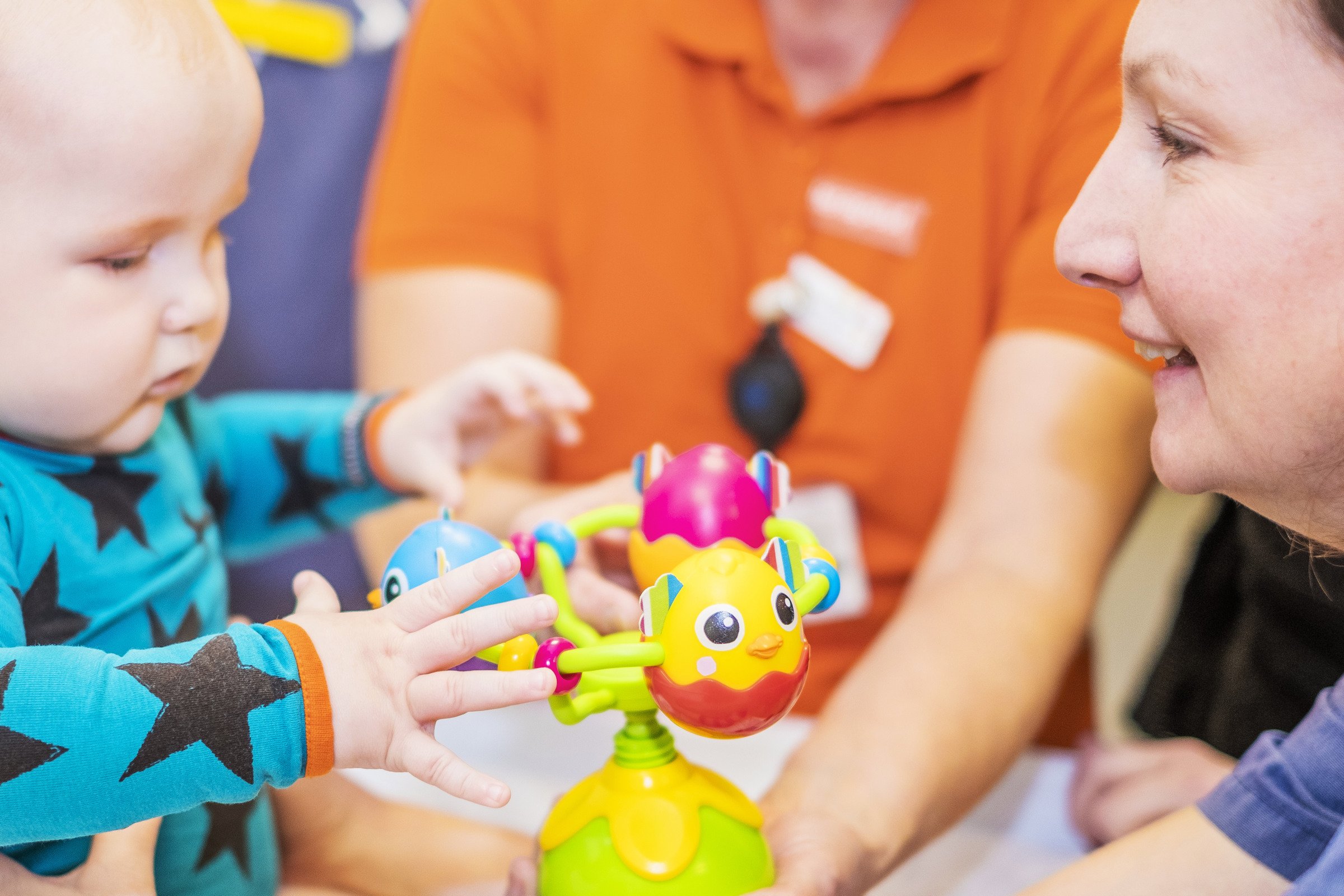Pediatric Celiac Disease
Celiac disease is when the small intestine is inflamed, caused by eating cereals containing gluten. This may result in less nutrient absorption, with physical symptoms that can cause problems in everyday life. When a child does not absorb nutrients properly, it might later in life lead to a number of health problems, including impaired bone health, but also to symptoms such as depression and infertility. Children with other autoimmune diseases and children with chromosomal aberrations are at increased risk of suffering from silent celiac disease. Therefore, screening for celiac disease in these children is important.
The condition is common and often goes undetected. In many parts of the world, this disease is not even recognized. Some 2-3% of Swedish children develop celiac disease during childhood, and Karolinska diagnoses approximately 200 new patients yearly.
